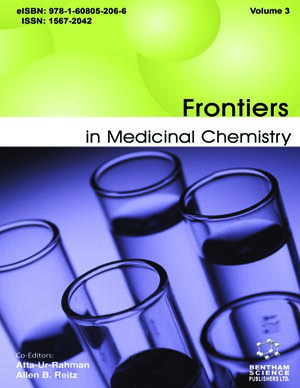Abstract
Currently, 20 drugs have been approved for Human Immunodeficiency Virus type-1 (HIV-1) clinical therapy. These drugs inhibit HIV-1 reverse transcriptase, protease, or virus entry. Introduction of a combination therapy with reverse transcriptase inhibitors and protease inhibitors has resulted in a drastic decrease in HIV-1 related mortality. Although the combination therapy can suppress viral replication below detection levels in current available assays, low levels of on-going viral replication still persist in some patients. Long-term administration of the combination therapy may increase selective pressure against viruses, and subsequently induce emergence of multiple drug-resistant HIV-1 variants. Attempts have been made to design novel antiretroviral drugs that would be able to suppress replication of the resistant variants. At present, several investigational drugs are being tested in clinical trials. These drugs target not only the resistant variants, but also improvement in oral bioavilability or other viral proteins such as HIV-1 integrase, ribonuclease H, and HIV-1 entry (CD4 attachment inhibitors, chemokine receptors antagonists, and fusion inhibitors). Understanding mechanism(s) of action of the drugs and mechanisms of drug resistance is necessary for successful designs in the next generation of anti-HIV-1 drugs. In this review, the mechanisms of action of reverse transcriptase- and protease-inhibitors, and the mechanism of resistance to these inhibitors, are described.
Keywords: HIV-1, RT, PR, RT inhibitors, PR inhibitors, mutations, drug-resistance






















